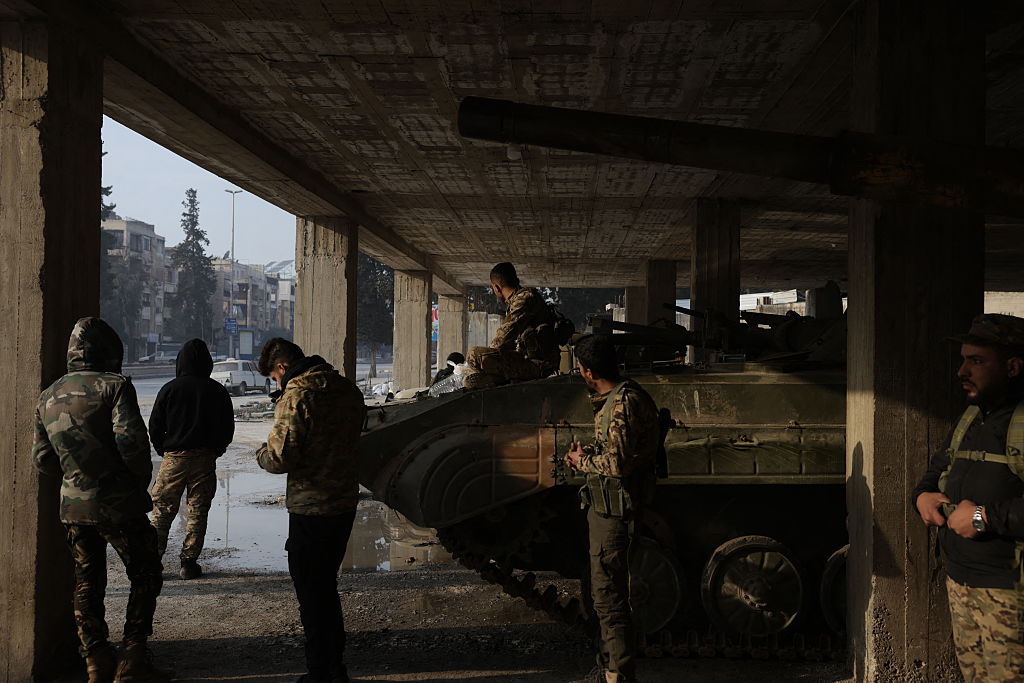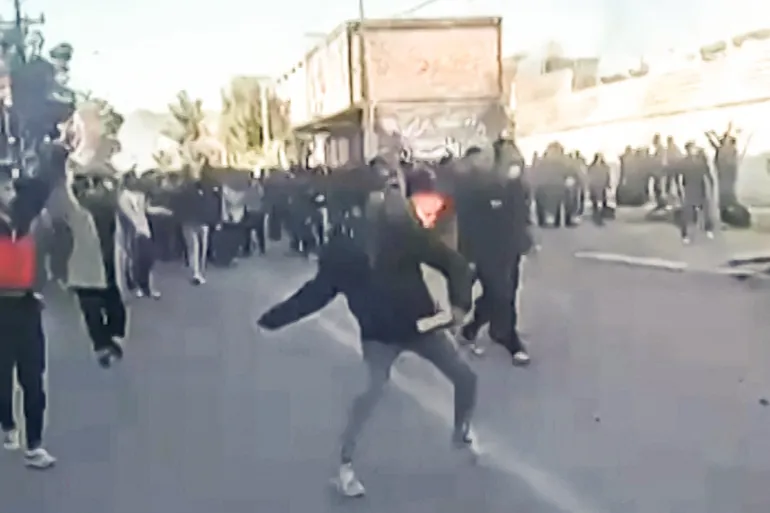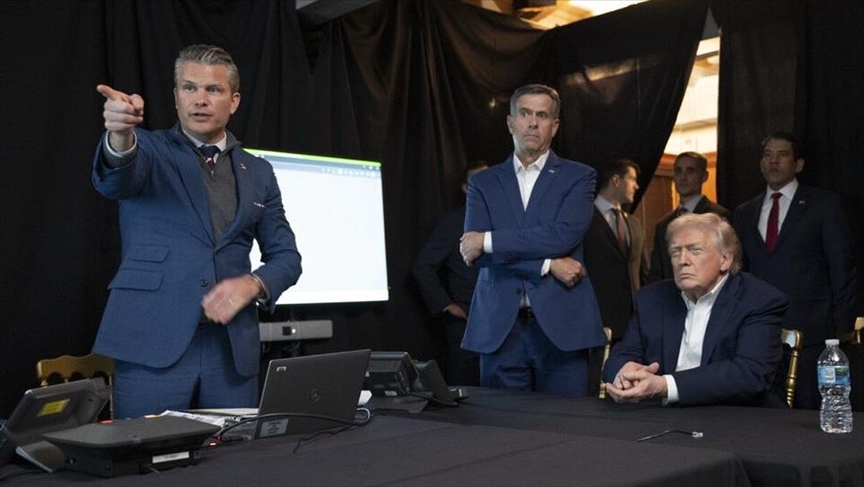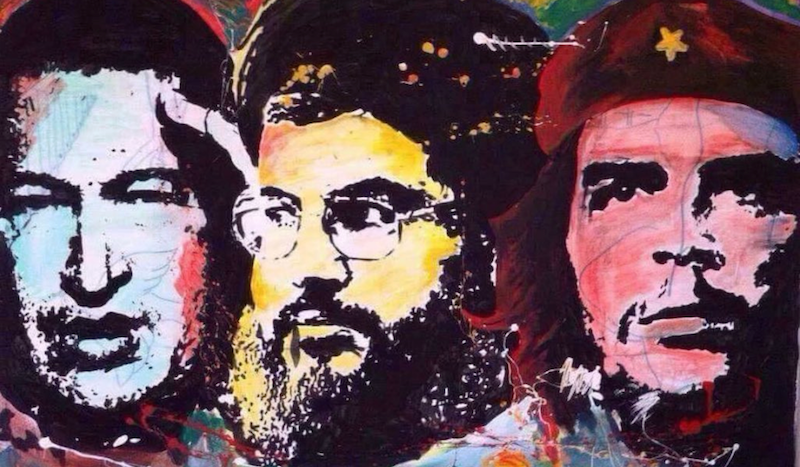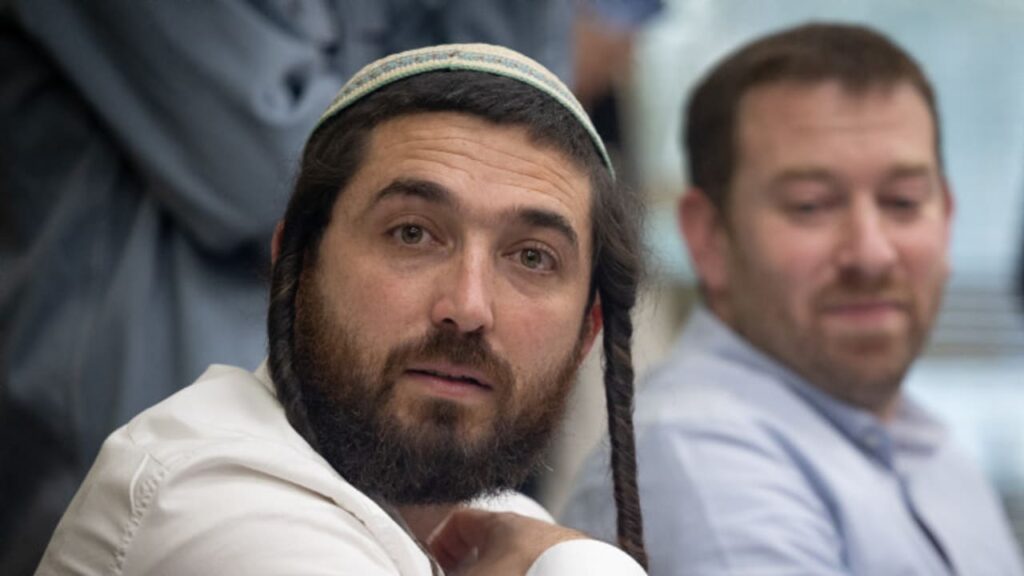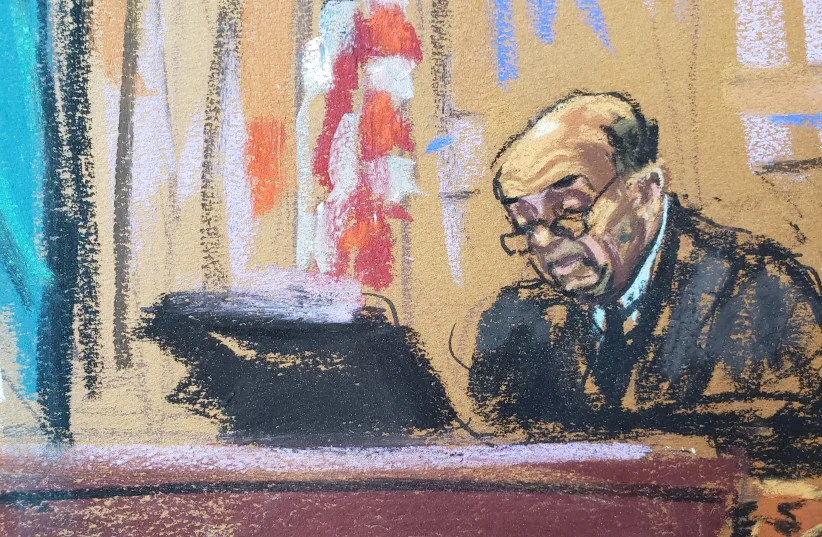Damascus Government Factions Declares Kurdish Districts of Aleppo a Military Zone as Fighting Intensifies
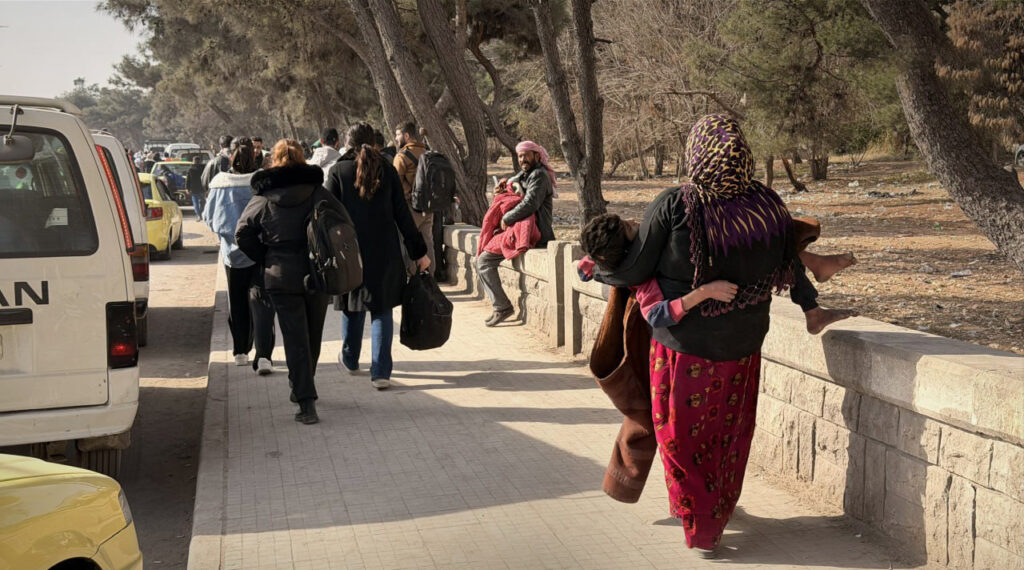
The Damascus government factions declared Sheikh Maqsood and Ashrafiyeh military zones, triggering heavy fighting, civilian casualties, mass displacement, and strong reactions from Kurdish leaders and rights groups.
The Damascus government factions on Wednesday declared the Kurdish neighborhoods of Sheikh Maqsood and Ashrafiyeh in Aleppo a closed military zone, ordering the shutdown of all entry and exit routes and triggering renewed fighting, civilian displacement, and sharp reactions from Kurdish authorities and human rights monitors.

